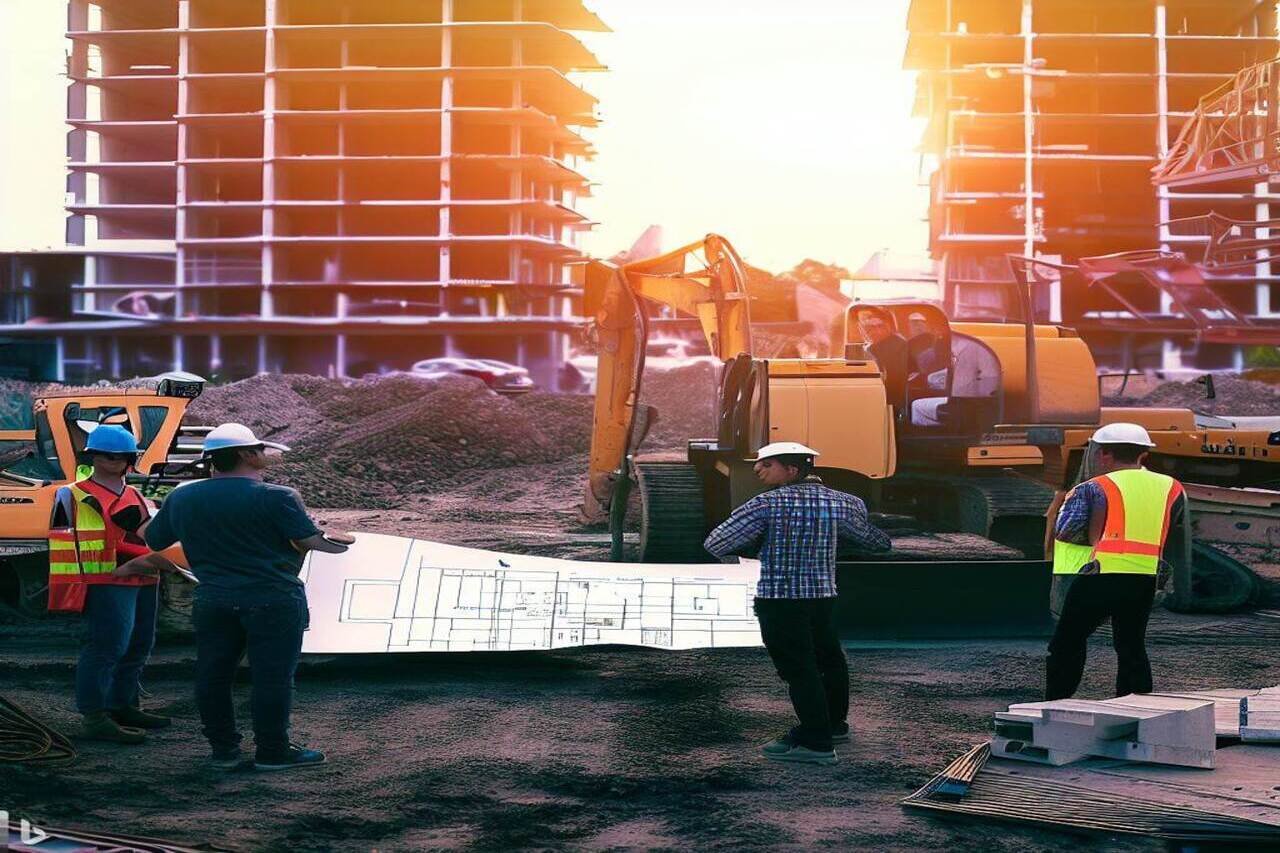


Hotel Construction
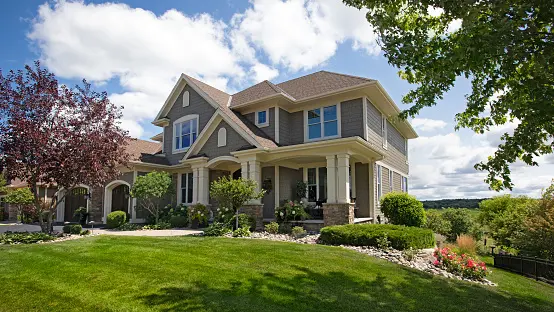
House Construction

HealthCare

Flats

School Construction

Road Construction
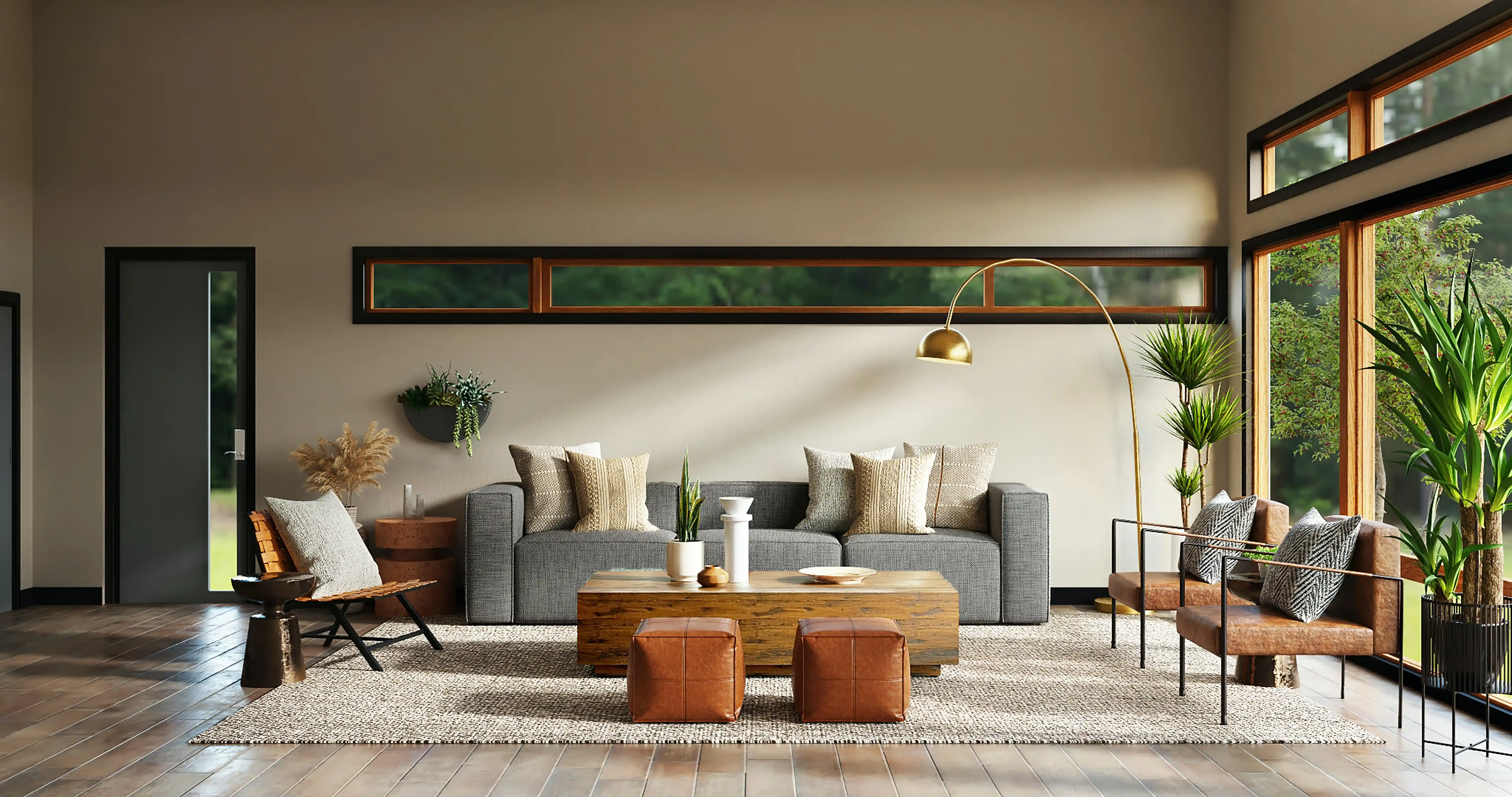
Interior design is the art and science of enhancing the interior of a building or space to create a functional and aesthetically pleasing environment. It involves the selection and arrangement of furniture, color schemes, lighting, and accessories to create a specific mood or atmosphere. Aiskcon, work with clients to understand their needs and preferences, and create designs that meet their requirements while also staying within their budget.
Construction management is the process of planning, coordinating, and controlling a construction project from start to finish. It involves overseeing all aspects of the construction process, including budgeting, scheduling, procurement, and quality control.
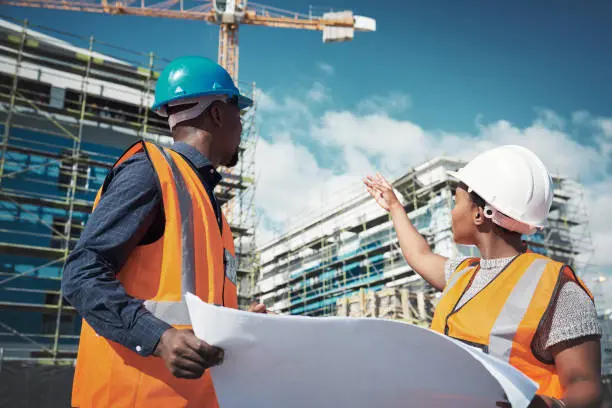
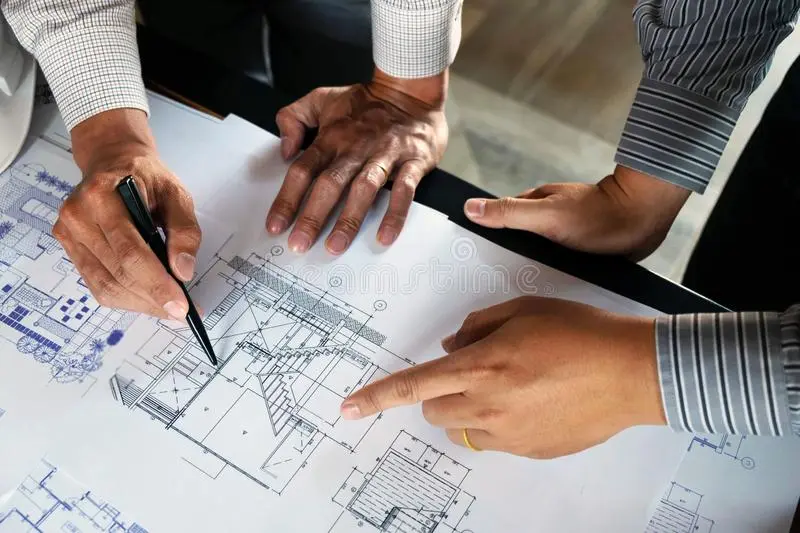
Aiskcon offers specialized consulting services to clients. These services are designed to help clients plan, manage, and execute construction projects more effectively. Construction consultants work closely with clients to identify their needs and goals, and to develop customized solutions that address their specific requirements. Some of the key services offered by Aiskcon consultants include project management, cost estimation, risk assessment, quality control, and sustainability consulting
Aiskcon provides a wide range of environmental services, including garden design, landscaping, and ecological restoration. These services are designed to help clients create sustainable and environmentally friendly outdoor spaces that promote biodiversity and enhance the quality of life Effective environmental services require a thorough understanding of environmental science, horticulture, and landscape design, as well as a commitment to sustainability and ecological stewardship.

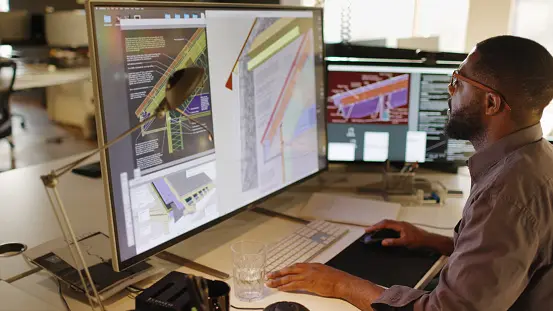
Retrofication in the construction industry describes the process of upgrading or modifying existing buildings to make them more energy-efficient and sustainable. This may involve adding insulation, upgrading HVAC systems, installing solar panels, or making other improvements that reduce energy consumption and environmental impact. It is becoming increasingly popular as more property owners seek to reduce their carbon footprint and improve the value of their buildings.
Destructive and non-destructive testing (NDT) are two common
methods used in the construction industry to evaluate the
strength, durability, and quality of materials and structures.
Destructive testing involves physically damaging a sample of the
material or structure in order to evaluate its performance and
characteristics.
Effective testing in the construction
industry requires a thorough understanding of the materials and
structures being evaluated, as well as the appropriate testing
methods and equipment.
